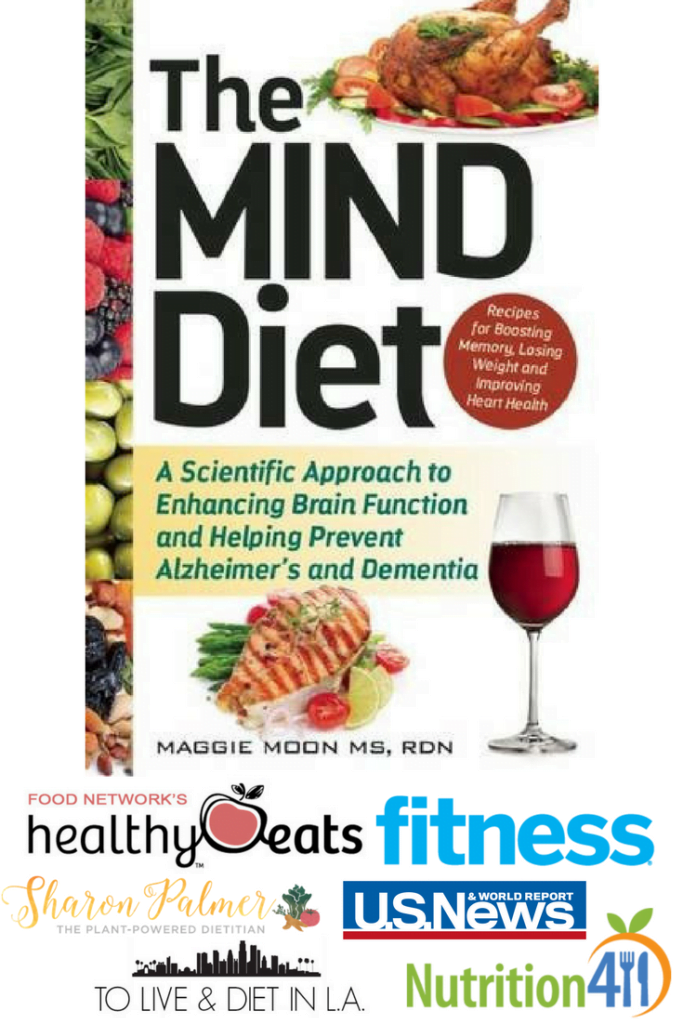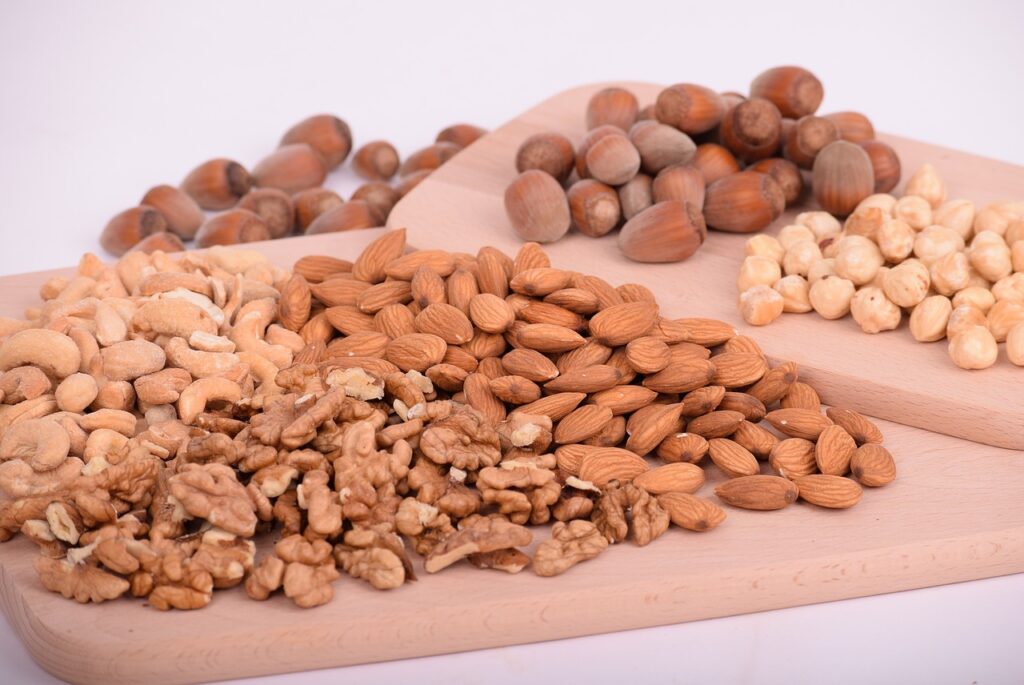A new study published in the Journal of Alzheimer’s Disease suggests which exact foods to eat or avoid to reduce the risk of Alzheimer’s dementia. The study names which foods help reduce risk, and describes how they work. The study supports following the MIND diet for brain benefits.
I spoke to Very Well Health about the study. Here are some of my thoughts on the study. To read the full article at Very Well Health, check it out here.
Does food impact Alzheimer’s risk?
Based on all the research I’ve read in this field, I absolutely believe eating more of some foods and less of others impacts the risk of developing Alzheimer’s disease, but only in the context of an overall dietary pattern over time. The foods associated with better brain health are also recommended by the U.S. Dietary Guidelines yet underconsumed, including leafy green vegetables, nuts, berries, and beans.
What Specific Foods Increase or Reduce Risk?
What we eat most often and consistently over time will have the greatest impact on brain health than any single food. Nevertheless, certain foods can help or harm the brain. Here are some of my top recommended brain-healthy foods:
Walnuts
- A recent study in the journal Nutrients takes an in-depth look at how walnuts may improve memory and cognition, and reduce the risk of developing, or potentially delaying the onset or even slowing the progression of Alzheimer’s disease.
- The researchers posit these benefits may be from the many antioxidant and anti-inflammatory nutrients in walnuts such as their plant-based omega-3 ALA (2.5g/oz).
- Walnuts are an excellent source of omega-3 ALA fats, and the best source of any nut. In a study that took a closer look at those fats, a cell-based study found that walnut oil may help reduce markers of Alzheimer’s disease progression. Of course cell studies can’t be applied to humans, but it’s interesting research that may help explain the positive results from observational and clinical trials.
- The MIND diet recommends enjoying nuts, such as walnuts, at least five times a week.
Strawberries
- People who ate strawberries reduced their risk of Alzheimer’s by 34% compared to no or rare intake, according to a population-based study published in Nutrients. The researchers suggest the brain health benefits may be due to pelargonidin, one of the top bioactives in strawberries, which actively combats oxidative stress and inflammation.
- The MIND diet recommends eating berries at least twice a week, and the most recent clinical trial by the original MIND diet researchers had participants eating a half-cup of berries five times a week.
Leafy greens
- The MIND diet research suggests eating leafy greens everyday is associated with a lower risk of Alzheimer’s disease. Many nutrients in leafy greens may be responsible for their brain-boosting benefits, including carotenoids lutein and zeaxanthin, which are associated with improved memory, according to a recent study in the Journal of Nutrition Science.
- A study in Neurology supports this: the brains of those who ate the most leafy greens showed fewer signs of Alzheimer’s disease.
Limit
- The MIND diet limits excessive intake of foods high in saturated fats such as red meat, butter, whole fat cheese, pastries, and fried foods because overall diets that are high in saturated fat lead to malfunctioning at the blood-brain barrier and build-up of the plaques associated with Alzheimer’s disease.
- A functioning blood-brain barrier keeps toxic substances out of the brain, and a breakdown of this protective barrier often precedes outward symptoms of dementia.
- That means that, in the balance, less of these foods and more brain-healthy foods will support lifelong brain health.
Read the full article at Very Well Health, here.









